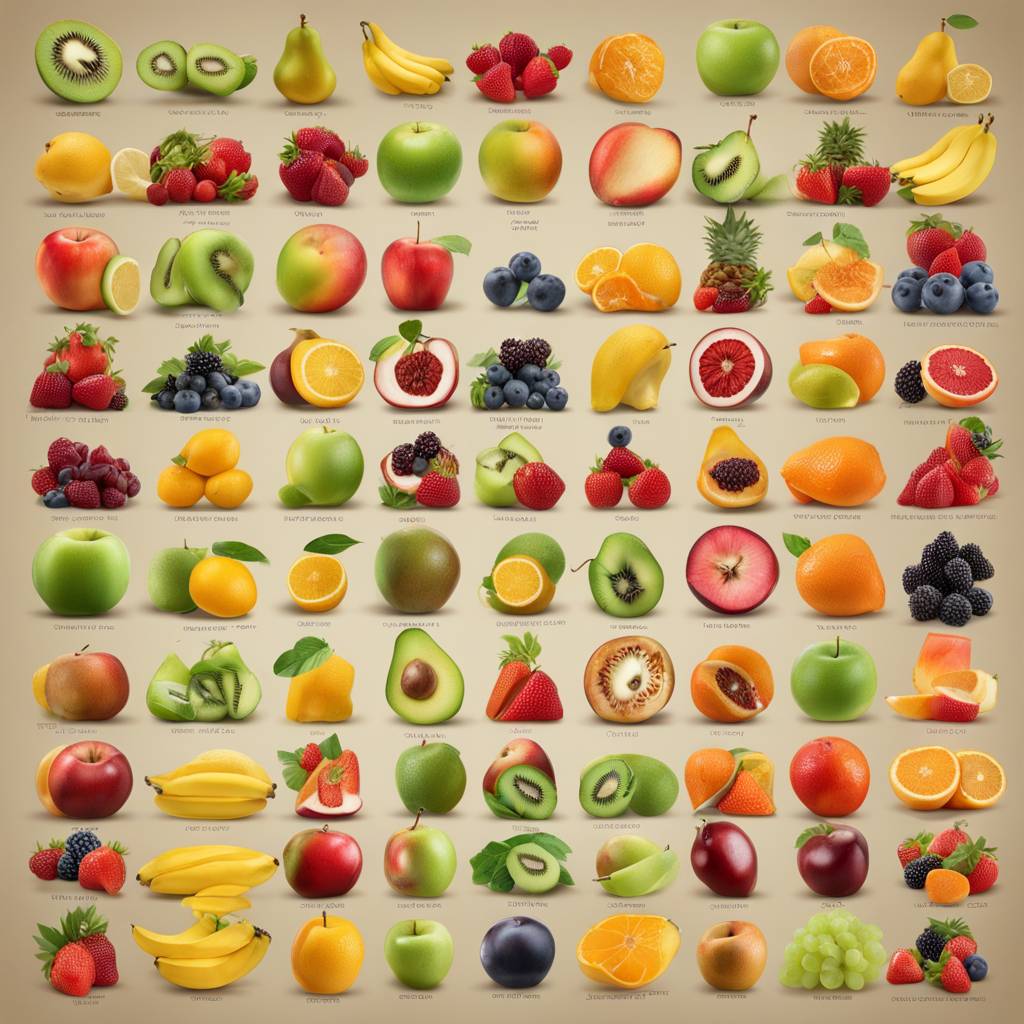Research consistently shows that fruit can be beneficial for maintaining a healthy body weight, even though it contains carbs and natural sugars. The fiber and water in fruit can prolong satiety, helping you feel fuller for longer periods after eating fruit and potentially leading to eating less and reducing calorie intake. Fruit is low in calories compared to other snacks, and eating it instead of higher-calorie options can put you in a calorie deficit that aids in weight loss. Additionally, the fiber and antioxidants in fruit may alter the gut microbiome in a way that protects against weight gain, and certain nutrients in fruit may be protective against obesity.
Apples are considered the number one fruit for weight loss due to their high fiber content, which helps regulate appetite and keep you fuller for longer. Apples also take longer to chew, increasing satiety, and draw water into your colon, reducing appetite and desire to eat later in the day. Blueberries, watermelon, avocado, cherries, kiwi, grapefruit, and mango are some other fruits that are beneficial for weight loss due to their unique properties, such as promoting better sleep, improving gut health, and aiding in appetite control. Raspberries, oranges, bananas, pears, pomegranates, blackberries, and dates are also recommended for weight loss due to their fiber content, antioxidants, and potential to promote fullness.
Eating too much fruit is not a major concern for most people, as many tend to eat too little fruit in their diets. While no single food can cause weight gain, exceeding your body’s calorie requirements can lead to weight gain. Factors such as genetics and food availability also play a role in body weight. It is important to be cautious of dried fruit and fruit juice, as their smaller portion sizes and lack of fiber may lead to overconsumption. A fruit detox is not a safe or necessary way to lose weight, as it may lack the necessary nutrients for the body to function properly and preserve fat-burning muscle.
The best way to lose weight is to focus on eating whole, plant-based foods and include a variety of fruits in your diet. Half of your plate should consist of fiber-rich, non-starchy vegetables, while the remaining portion should be divided between whole food carbs and protein. Getting enough sleep and engaging in regular physical activity can also help with weight management. It is important to acknowledge that obesity is a complex disease, and some individuals may require medical treatments in addition to lifestyle changes to manage their weight effectively.













